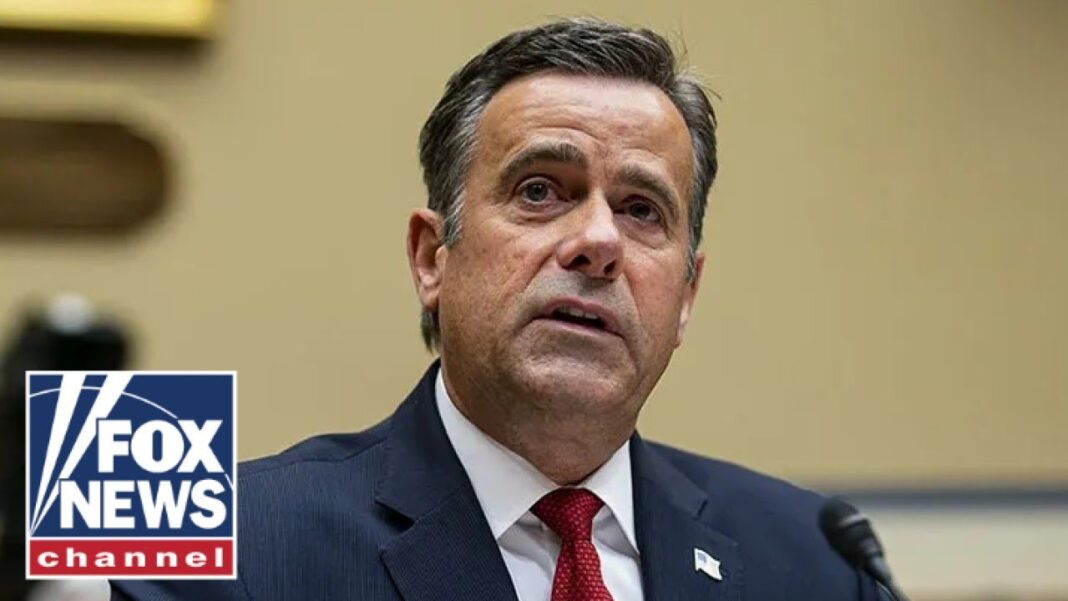As the United States defends its sovereignty by rejecting the expanded WHO agreement, communist China sees an opportunity to extend its influence through global health governance.
This month, the United States has formally rejected the World Health Organization’s 2024 pandemic response amendments, citing concerns over national sovereignty. U.S. officials argued that the changes would grant the WHO excessive authority during public health emergencies and undermine national decision-making.
In response, an expert from the Chinese Academy of Social Sciences sharply criticized Washington’s refusal, portraying it as a reckless move that could harm global health governance.
However, the Chinese Communist Party (CCP) stands to gain strategically, politically, and economically from widespread international adoption of the WHO amendments, and it is already using U.S. noncompliance as a propaganda tool to undermine American leadership on the global stage.
During the COVID-19 pandemic, the CCP aggressively promoted its zero-COVID policy as a global model, claiming that its strict lockdowns, mass surveillance, and social control measures had succeeded where democracies had failed. Through carefully manipulated data and propaganda, Beijing portrayed its authoritarian approach as more effective than the seemingly chaotic responses of freer societies.
This narrative helped legitimize the CCP’s political system and shaped the kind of global health governance it now pushes through the WHO pandemic treaty. However, the China model was incredibly destructive. During the Omicron wave, Chinese cities like Shanghai endured draconian lockdowns that left residents without food or medical care, separated children from their parents, and even saw household pets killed by authorities.
The same totalitarian framework that enabled such cruelty at home now forms the basis for the WHO pandemic treaty the CCP is championing abroad. By embedding this approach into a multilateral agreement, Beijing seeks to expand its model of medical tyranny beyond its borders, under the guise of global cooperation.
CCP’s Strategic Vision
U.S. officials rejected the treaty in part because it failed to address China’s role in the early spread of COVID-19 and lacked enforcement mechanisms for transparency or accountability. But more broadly, the rejection reflects a refusal to legitimize a system that threatens to erode national sovereignty and replicate the CCP’s dictatorial pandemic model on a global scale.
U.S. participation in the WHO pandemic treaty would lend legitimacy to a multilateral framework that aligns with Beijing’s strategic vision for global governance. While Beijing claims to represent the voice of the Global South, its true objective is to build a bloc and establish a new international order with the Chinese regime at the center.








